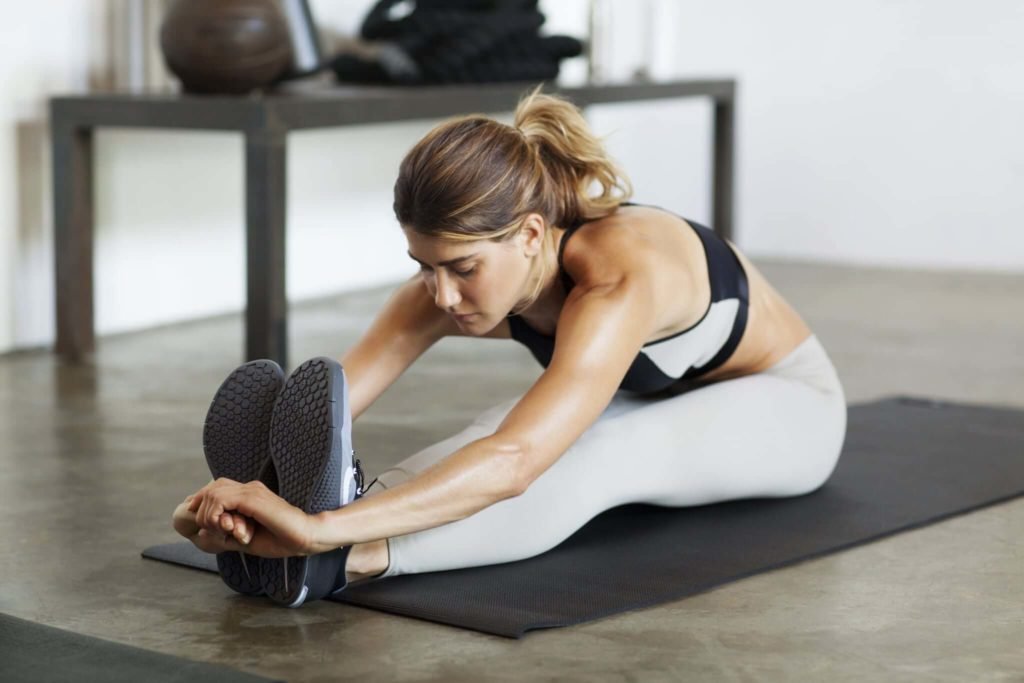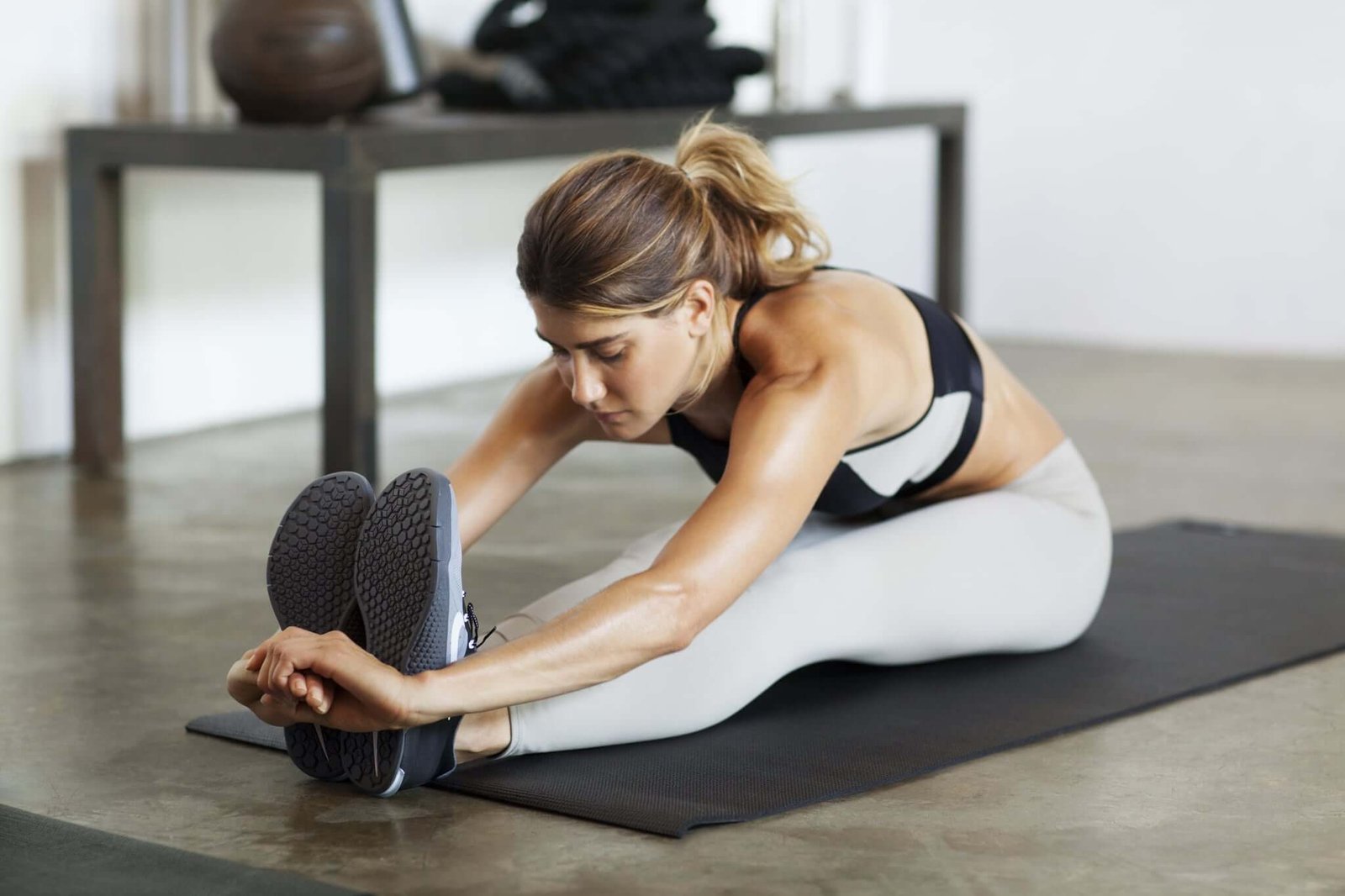Over the last two years, COVID-19 has significantly affected our lives, from how we connect with others to how we work. Thanks to the digital fitness revolution, has even influenced how we exercise: Exercise is now more accessible than ever.
The availability of the COVID-19 vaccination these days is assisting us in regaining some feeling of normality in our everyday lives. For many individuals, this entails returning to the gym or the pool. However, like with any new therapy, individuals are sure to have concerns.
Is There Any Risk For Exercising After The Covid Vaccination?
You may be asking whether you can exercise after receiving the vaccination, how soon you can go back to it, and how much you can do, whether you work out at home or in a public place. Below are the answers to your questions.

There has been no evidence that exercising after receiving the COVID-19 vaccination is hazardous. The only safety concerns are related to how your body reacts to the vaccination. Vaccinated individuals should avoid intense physical activity for a week after having their first and second doses of vaccination since a few instances of cardiac issues have been recorded in young males who received the vaccines.
According to (CDC) it is important to exercise your arm to relieve pain at the injection site. Exercise may not be a problem after the first injection if your side effects are minor.
Exercises That Should Be Avoided
According to authorities, physical activity such as swimming, jogging, and cycling should be avoided for one week following vaccination. After one week after vaccination, gentle stretches, walking, and other domestic activities may be resumed.
When to Avoid Exercise after the COVID Vaccine
If you experience an adverse response to the vaccination, you should avoid moderate to strenuous activity soon after getting it. Hives, swelling, and wheezing are common signs of an adverse response to the vaccination. These symptoms typically appear
If you have any of these symptoms, you should see a doctor within 4 hours of getting the vaccination. The CDC advises contacting 911 if the response is severe. If you have a history of asthma or other respiratory problems, you should wait to see how your body reacts to the vaccination before engaging in intense aerobic activity.
When you return to exercise, you may also want to have any management medicines on hand, such as an inhaler, an EpiPen, or Benadryl. According to the study, there has been no evidence of increased health hazards linked with exercising after receiving the COVID-19 vaccination. Exercise is advised to assist control discomfort at the injection site,
To minimize the chance of adverse effects, you should drink more water and use anti-inflammatory medications.
If you have more severe side effects, exercise may be challenging. Contact a doctor if you have signs of an adverse response to the vaccination, such as hives, swelling, or difficulty breathing, and refrain from exercising. If the response is severe, get medical help as soon as possible.
If you feel up to it after getting the COVID-19 vaccination, there should be no problems. Exercise may even assist in lowering the risk of infectious illness and boost the effectiveness of vaccinations. If you are in the mood to move, go for it!
